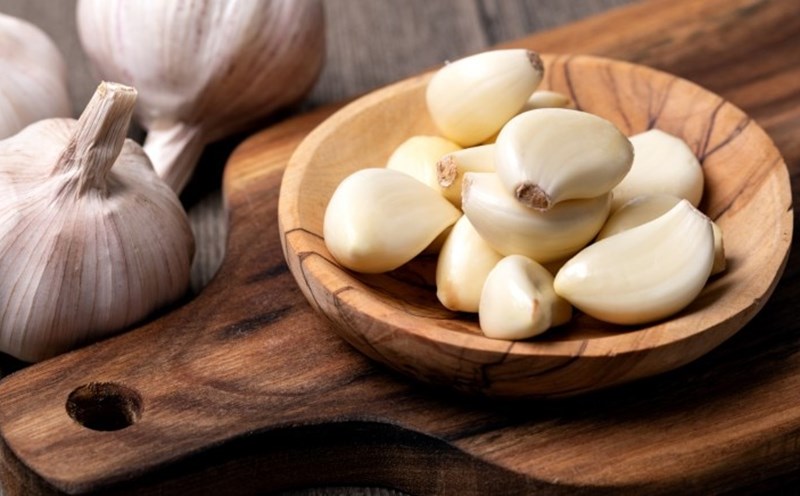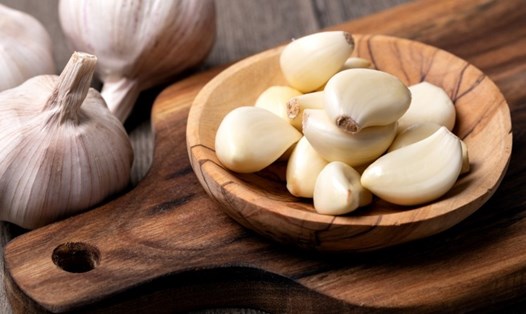Vitamin D
Vitamin D plays an important role in maintaining strong bones and supporting the immune system. Vitamin D deficiency may be associated with an increased risk of chronic diseases such as osteoporosis and cardiovascular disease. It is important to get vitamin D through sunlight, vitamin D-rich foods (such as salmon, fortified milk), or daily supplementation.
Vitamin C
Vitamin C, a powerful antioxidant, helps protect cells from damage, boosts immunity and promotes collagen production, which is essential for healthy skin and blood vessels. WHO recommends consuming citrus fruits, bell peppers and other foods rich in vitamin C to meet daily requirements.
Vitamin A
Vitamin A is essential for healthy eyes, skin and the immune system. WHO stresses that vitamin A supplementation, especially in areas where deficiency is high, can reduce the risk of death from infections and improve vision.
Vitamin E
Vitamin E is also a powerful antioxidant that helps protect cells from free radicals, thereby slowing down the aging process. Food sources rich in vitamin E include sunflower seeds, almonds, and vegetable oils.
Vitamin B Complex
B vitamins (especially B6, B12, and folate) support brain and nervous system function and help maintain stable energy levels. Folate is especially important in preventing birth defects.
To achieve longevity, WHO recommends supplementing these vitamins from a balanced diet, combined with a healthy lifestyle such as regular exercise and reducing consumption of sugar, salt and saturated fat.
Vitamin supplementation through natural foods is always preferred. If necessary, consult your doctor for appropriate supplement form.











